Join the Quant Scientist Newsletter
Gain access to exclusive tools that Wall Street's Elite don't want you to have. Don't miss the next issue...
Join 11,500+ Quant Scientists learning one article at a time
Join 11,500+ Quant Scientists learning one article at a time

How to Become a Quant Scientist (And make $259,384 per year!)
A 'Quant Scientist' is a specialized role at the convergence of Math & Statistics, Python programming, and Market Intuition, boasting an earnings potential of up to $259,384 — double that of a Quant Analyst. While Data Scientists and Quant Developers tap into two of these disciplines, the comprehensive skill set of a Quant Scientist makes them a coveted asset in the trading world. We'll cover:
What is a Quant Scientist (and why is this NEW role is in high demand)?
The 3 Core Skills of a Quant Scientist
The 4 Quant Scientist Venn Diagram Intersections
How to become a Quant Scientist (and make $259,384 per year!) 👇
Join the Quant Scientist Newsletter (and Get the Code)
Want exclusive access to our FULL codebase for this Quant Science tutorial plus dozens more? Then:
Free Video Tutorial: How to become a Quant Scientist
This post comes with an 5 minute video tutorial sharing even more about the Quant Scientist role than we cover in this overview.
What is a Quant Scientist?
Recently, a picture that Matt posted sent the internet into a frenzy, prompting this deeper dive into what a 'Quant Scientist' is, the skills required, and its significance in today's job market.
Why is the demand for the Quant Scientist role is rising?
In the rapidly evolving landscape of algorithmic trading and financial analysis, the demand for Quant Scientists is soaring (-- See the $259,000+ salary), and here's why:
1. The Speed & Complexity of Modern Financial Markets:
As financial markets become more sophisticated, there's an escalating need for professionals who can navigate these complexities and perform research fast. Quant Scientists, with their combined expertise in Math & Statistics, Python, and Market Intuition, can decode intricate market patterns, understand multifaceted financial instruments, connect to a variety of data sources and trading APIs, and devise strategies that both anticipate and react to market actions in real time.
2. Reducing Risk & Maximizing Profit:
The holistic knowledge of a Quant Scientist allows for the development of more robust, resilient trading strategies. Their deep understanding of the markets, combined with the mathematical models they craft, means they can identify opportunities and risks that others might miss, translating into potentially higher profits and minimized losses. And with the explosion of big data, firms now have access to an unprecedented volume of information. Quant Scientists can harness this data, leveraging their Python skills to apply advanced analytics and machine learning, translating raw data into actionable insights. This is invaluable for companies seeking a competitive edge in today's data-driven world.
3. A Multi-disciplinary Approach:
In an industry where specialization was once the key, the tides are turning towards professionals who can wear multiple hats. Firms are on the lookout for individuals who aren't just confined to one niche but can interlink various domains to generate innovative solutions. The Quant Scientist, being the embodiment of this multi-disciplinary approach, becomes an indispensable asset.
As you can see, the Quant Scientist role isn't just a buzzword. Their unique blend of skills and the rising intricacies of the financial world put them in a prime position, making them one of the most sought-after professionals in the financial industry today.
The Problem with Existing Roles:
Data Scientist: This role emerges at the intersection of Math & Statistics and Python. With a background in math and stats, combined with proficiency in Python, individuals typically fall into the data scientist category. The average salary for someone with 3-5 years of experience in this role ranges from $124,000, according to platforms like indeed.com. These roles lack trading experience and market intuition.
Quant Analyst & Quant Developer: Merging Math/Statistics with Market Intuition results in roles like Quant Analyst or Quant Developer. These professionals have a deep understanding of the markets, perhaps even having traded personally. They harness math (like linear algebra and stochastic calculus) and basic statistics (like linear regression) to devise models around financial instruments like options and interest rate derivatives. Such roles can fetch around $138,000 annually. However, people in these roles stagnate because they lack the Python coding expertise to do algorithmic trading, backtesting, and implementation.
The Danger Zone (Python + Markets): Treading into the intersection of Python and Market Intuition without a solid foundation in math and statistics can be risky, hence the symbolic 'skull and crossbones'. Those who directly dive into market strategies with coding, without understanding the underlying assumptions, are bound to face losses. A common misconception, for instance, is that market returns follow a normal distribution. Depending solely on such a baseless assumption can result in severe financial setbacks.
What skills makes a Quant Scientist?
The Quant Scientist is the convergence of 3 Core Skills:
Math and Statistics
Python (Programming)
Market Intuition
1. Math and Statistics:
Model Building: At the heart of quantitative analysis is the creation of models to predict market behaviors. These models require rigorous mathematical foundations, ensuring they are both accurate and reliable.
Analytical Rigor: The financial markets are complex, and understanding them demands a structured approach. Statistical methods allow Quant Scientists to discern patterns, test hypotheses, and validate their theories about market behaviors.
Risk Management: Properly understanding and quantifying risk is crucial in trading. Advanced statistical tools help in assessing potential risks, ensuring that investment decisions are informed and deliberate.
2. Python (Programming):
Data Handling: In the age of big data, Python stands out as a versatile tool for data extraction, manipulation, and visualization. It's crucial for handling vast datasets that are now commonplace in financial analysis.
Algorithm Development: Trading strategies are implemented as algorithms that automatically make buy or sell decisions based on data. Python is a leading language in this realm due to its simplicity and the vast libraries available for scientific computing.
Rapid Prototyping: In the fast-paced world of finance, strategies need to be tested quickly. Python allows for rapid prototyping of ideas, enabling Quant Scientists to validate or discard hypotheses efficiently.
3. Market Intuition:
Real-World Context: While models and algorithms are grounded in theory, they operate in the real world. Market intuition ensures that these tools are not just mathematically sound but also contextually relevant.
Anticipating Anomalies: Financial markets are affected by a myriad of factors – from geopolitical events to technological disruptions. A keen market intuition allows Quant Scientists to anticipate such anomalies and adjust their strategies accordingly.
Emotional Intelligence: Markets, driven by human behaviors, are not always rational. Market intuition brings an understanding of these emotional undercurrents, ensuring that strategies can navigate both the logical and the illogical aspects of trading.
The Skills and Tools in One Diagram
If you want to further dive into what comprises a Quant Scientist, check out the Quant Scientist Algorithmic Trading Framework.
Conclusion: The Quant Scientist is the Future.
The 'Quant Scientist' lies at the convergence of all three disciplines: math & stats, python, and market intuition. With a strong foundation in math and statistics, proficiency in Python, and robust market intuition, these individuals are the true unicorns of the trading world. Their comprehensive skill set, encompassing both academics and hands-on market experience, makes them the most sought after by hedge funds and recruiters alike.
Becoming a Quant Scientist:
Our course is crafted to cultivate the skillset of a Quant Scientist. It covers:
Essential math and statistics.
Python programming.
Paper trading, eventually leading to live trading, ensuring you gain that vital market intuition.
In summary, while the allure of the trading world is vast, it's crucial not to venture into 'the danger zone' without a solid foundation. Aim for the holistic skills of a Quant Scientist, and steer clear of pitfalls.
Until next time, avoid the 'skull and crossbones' and happy learning!
Are you feeling lost when trying to learn Algorithmic Trading?
There's nothing worse than going at this alone--
❌ Learning Python is tough.
❌ Learning Trading is tough.
❌ Learning Math & Stats is tough.
It's no wonder why it's easy to feel lost.
And all of this increases the likelihood you will fail (not to mention lose money in the process). Protect your future.
👉 Join 1700+ future Quant Scientists on our Python for Algorithmic Trading Course Waitlist: https://learn.quantscience.io/python-algorithmic-trading-course-waitlist
Start Your Journey To Becoming A Quant Today!
Join the Quant Scientist Newsletter
Gain access to exclusive tools that Wall Street's Elite don't want you to have. Don't miss the next issue...
Join 11,500+ Quant Scientists learning one article at a time
Join 11,500+ Quant Scientists learning one article at a time








